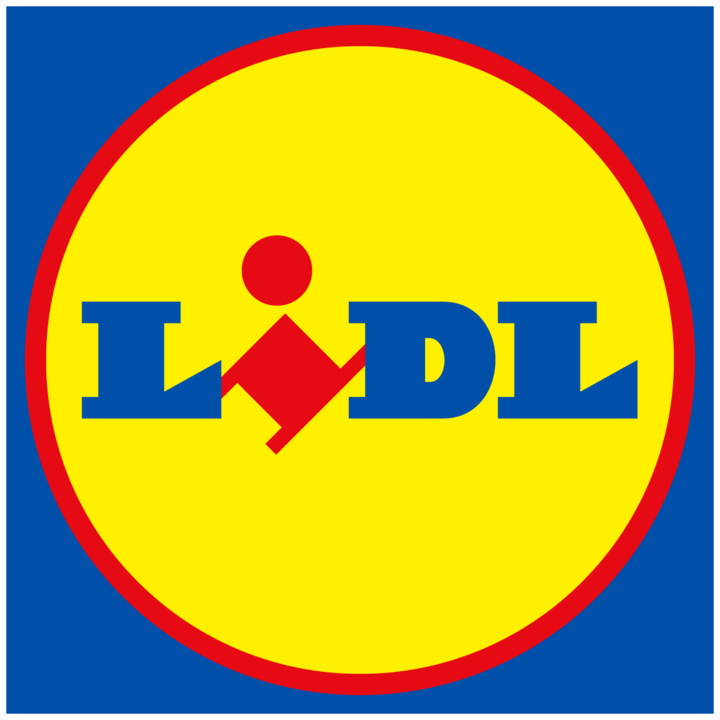

Deutsch-Baltische Handelskammer





Mitglied werden
Mit Ihrer Mitgliedschaft in der Deutsch-Baltischen Handelskammer erhalten Sie Wettbewerbsvorteile, breite Präsenz, fundiertes...
Mehr ansehen
Vorteile der Mitgliedschaft
Nutzen Sie die Vorteile der AHK Baltikum-Mitgliedschaft: ein starkes Netzwerk und exklusive Services zur Stärkung Ihrer...
Mehr ansehen




















